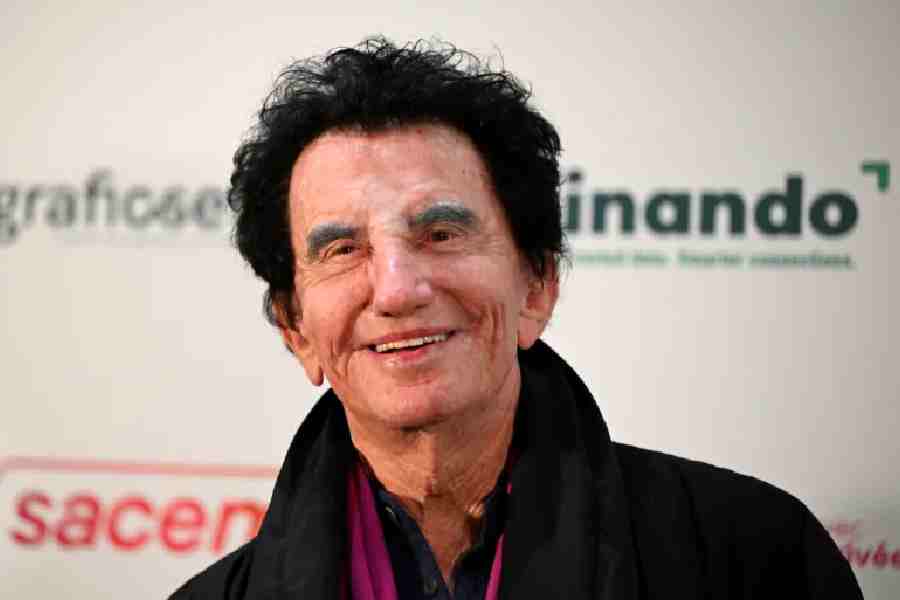|
|
The world is agog with excitement about the possible discovery of something called the Higgs boson, or the God Particle, in the Large Hadron Collider at Cern, Geneva. But the Indian government is preoccupied with Anna Hazare and the lok pal bill, the tumbling rupee and stocks, and many other pressing problems to take any notice of it. Yet, the name of one of India’s greatest sons is associated with this global excitement. Most of our parliamentarians would not have even heard of bosons. If they have, they haven’t a clue as to what it is all about. They would be shocked to learn that this Indian scientist was a member of the Rajya Sabha for a term. He was none other than Satyendra Nath Bose, a mathematician and physicist, who won worldwide fame for his association with the great Albert Einstein in developing a theory of the particle-like qualities of light. His pioneering work on the quantum theory of light was hailed by Einstein, who lost no time in extending it to gases during 1924-25 and provided the foundation for Bose–Einstein or simply Bose Statistics and the theory of Bose-Einstein Condensates, a new state of matter in which thousands of atoms condense into a single giant atom that behaves like a wave. Particles that follow Bose’s statistics have been named bosons in his honour.
There is only one other family of particles in the universe that follow a slightly different statistics and are called fermions after the Italian Nobel laureate, Enrico Fermi. Photons, pions, kaons, Cooper pairs responsible for superconductivity, W± and Z0 bosons that mediate weak nuclear interactions that are at the heart of stellar energy and many elements like Helium4 are bosons, while neutrons, protons, electrons and a host of other particles and elements like Helium3 are fermions. A professor of physics was once shocked when a student asked him who Bose was. “You don’t know who he was? Half the particles in the universe obey him!”, he quipped in his reply. Today, it seems absurd that such a man once walked the corridors of Parliament.
Although the Nobel Prize has been awarded more than once for research related to concepts such as the boson, Bose-Einstein statistics and Bose-Einstein Condensates, Bose himself was ignored by the Nobel committee, presumably because there was no political support for him. J. Bardeen, L.N. Cooper and J.R. Schrieffer got the Nobel Prize in 1957 for their theory of superconductivity based on the idea of pairs of electrons (fermions) forming Bose-Einstein Condensates, which can flow through wires without encountering electrical resistance. The next Nobel based on Bose’s idea went to D.M. Lee, D.D. Osheroff and R.C. Richardson in 1996 for their theory of superfluidity, which was, again, based on the strange property of Bose-Einstein Condensates to flow through fine capillary tubes without any viscous drag. Next in line were E.A. Cornell, W. Ketterle and C.E. Wieman in 2001 for their direct observation of Bose-Einstein Condensates in alkaline gases only whiskers above the frigid absolute zero of temperature. And now, of course, Peter Higgs in Edinburgh is waiting in the wings to snatch the Prize for his idea that only a special type of boson can do the job of giving mass to elementary particles and making it possible for the universe to come into being. Bose is probably oblivious to all the fame that is being showered on him by the world, having got used to being ignored all his life.
In case I am accused of being unfair, let me mention that he did get a few honours. In 1937, Rabindranath Tagore dedicated his only book on science, Visva-Parichay, to him. In 1944, he was elected general-president of the Indian Science Congress, and in 1954 he was accorded the Padma Vibhushan, India’s second highest civilian award. On May 3 of the same year, he was sworn in as a member of the Rajya Sabha. In 1956, he was appointed vice-chancellor of Visva Bharati University in Santiniketan. In 1958, he was elected a Fellow to the Royal Society, London. In 1959, he was appointed National Professor of Physics. In 1986, the S.N. Bose National Centre for Basic Sciences was established in Calcutta by an act of Parliament to honour him.
There can be no doubt that Bose’s is the most original and useful of all scientific ideas from modern India. There is no other idea that has been so profoundly influential across all branches of Physics. That should be reason enough for a posthumous Bharat Ratna.
While Parliament is preoccupied with its own survival, a group has already started discussions on Facebook on according the Bharat Ratna to Bose. Will someone in Parliament please take note?












